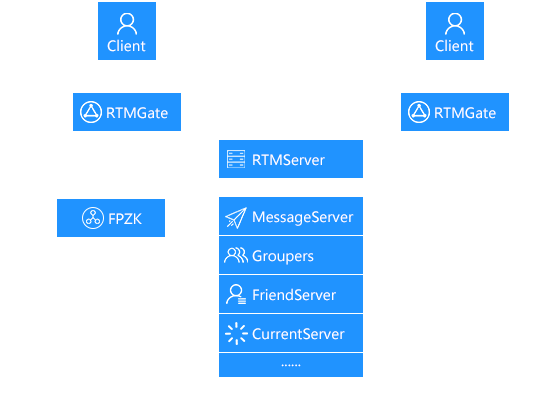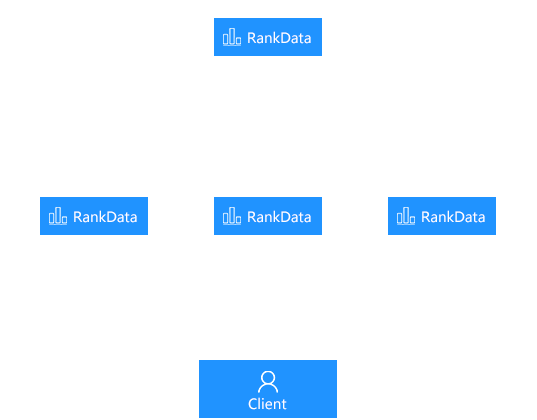Global Server Solutions
As a hot sector of Internet, the game industry has very high requirements for server stability and real-time data. With the success of games with one global server, domestic games have chosen to go abroad, which means that a reasonable architecture is required to ensure the stability of the system. In general, the games with one global server will face the following business challenges:
Mass concurrence accessing
Massive data synchronization
Global network problems
When the serve is down
LiveData's fully distributed architecture is equally covered in all regions of the world, which can accelerate the poor network area with its complete data synchronization mechanism.

Applicable scenarios
Games that are demanding on network latency, hope to cover the world equally, and with more interaction between players in different regions as well as perfect data synchronization mechanism in its architecture.
Interpretation of the architecture
Centralized storage of global data
Real-time synchronization of game data
Subregional sdk of players
Regional agent network acceleration

Requirements
Let players from different countries sdk the game quickly and smoothly, and conduct fair PK.
Implementation
First, the client accesses the RTMGated nearby, and then the RTMGated sends the message to the RTMServer. Afterwards, the RTMServer forwards the message to the RTMGated where the target user is located through the internal service cluster. Finally, the RTMGated transmits the message to the client.

Requirements
Players can view their rankings, and the ranking lists can be updated in real time or at regular intervals.
Implementation
GameServer reports the ranking data to the RankServer cluster, then the client pulls the ranking data from the GameServer, and finally the GameServer pulls the ranking data from the RankServer cluster .

Requirements
Players can observe the battles in the game in real time.
Implementation
Depending on the RTM message broadcast mechanism, RTMServer broadcasts the status on the field to players in the room/group. Players only need to join the room when observing the game.

As a hot sector of Internet, the game industry has very high requirements for server stability and real-time data. With the success of games with one global server, domestic games have chosen to go abroad, which means that a reasonable architecture is required to ensure the stability of the system. In general, the games with one global server will face the following business challenges:





 Metaverse
Metaverse 


